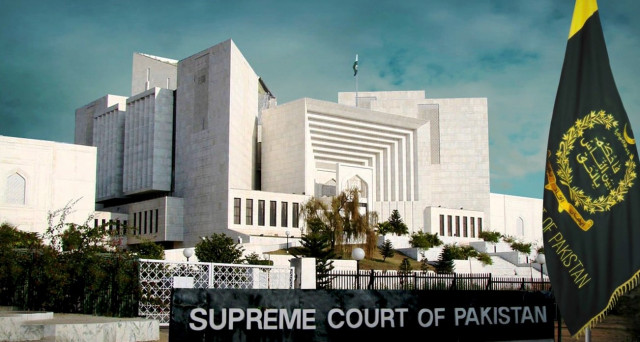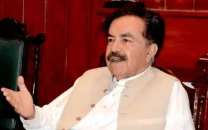‘PCO judges did not violate the law’
A verdict can only be implemented after being passed: Dogar’s counsel.

‘PCO judges did not violate the law’
As the apex court had validated the PCO before the July 31 verdict, the PCO judges had acted within the confines of the law, Satti submitted before the bench. According to the Supreme Court’s verdict of July 31, 2009, an oath taken under the PCO would be considered unconstitutional and a misconduct on the part of the judge. It had also declared the appointment of Justice Dogar as the chief justice void ab initio, a legal term meaning ‘of no legal effect from the beginning’. Satti said his client, Justice Dogar, had declared that an usurper should not be pardoned in his judgment on the PCO.
“This means you accept that Justice Dogar in his judgment referred to Pervez Musharraf as a ‘usurper’, observed Justice Khawaja.
“I did not mean to say that. I said it was mentioned in the verdict in the Asma Jillani case which my client referred to in his judgment,” Satti replied.
In the 1972 Asma Jilani case the chief justice of the Supreme Court had declared General Yahya Khan an ‘illegal usurper’. Chief Justice Hamoodur Rahman had invalidated the contentious ‘doctrine of necessity’ which forced ZA Bhutto to revoke the martial law and assign parliament to work on the new constitution within four days.
“Whatever you said is on record and if you wish your statement may be read out to you,” Justice Khawaja remarked.
The bench directed the counsel to conclude his arguments by January 20.
Published in The Express Tribune, January 19th, 2011.



















COMMENTS
Comments are moderated and generally will be posted if they are on-topic and not abusive.
For more information, please see our Comments FAQ